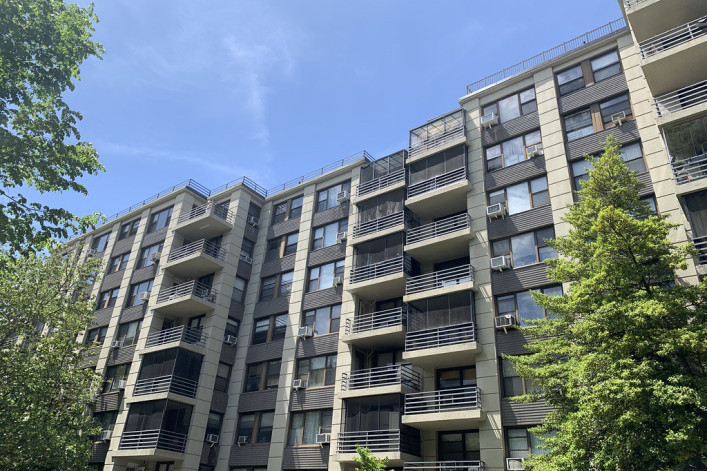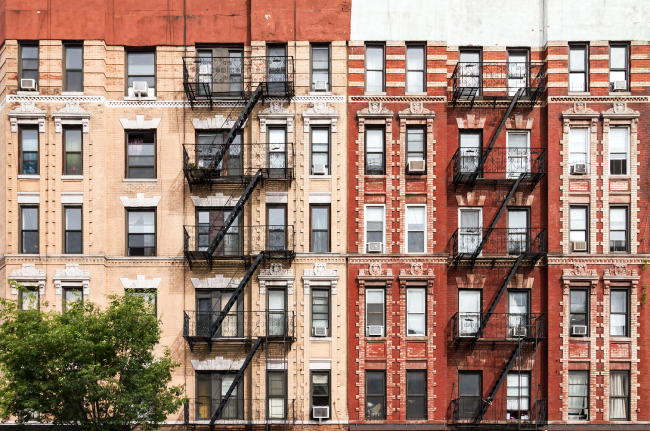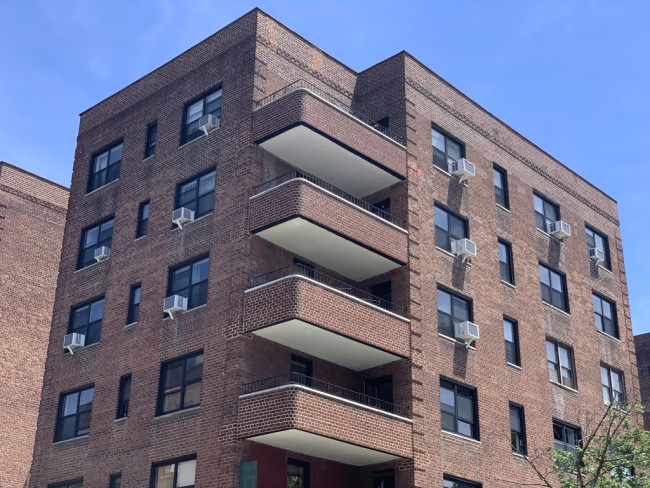Is your guarantor on the hook if you can't make rent because of the pandemic?

Until the courts are reopened, a guarantor cannot be sued for not paying the rent.
If you used a guarantor for an apartment lease, and can't pay your rent, you may be wondering if they will be on the hook for unpaid rent, or if there are any protections available because of the uniqueness of the coronavirus pandemic.
New York City lost 20 percent of its jobs during the shutdown, according to the New York State Department of Labor. Leasebreaks have skyrocketed during the coronavirus pandemic and a record number of renters are looking to sublet their apartments because they can no longer afford their rent.
"The short answer is yes," says Sam Himmelstein, tenant attorney and partner at Himmelstein, McConnell, Gribben, Donoghue & Joseph (also a Brick Underground sponsor). He points out "the whole notion of the guarantor is that there's an unconditional obligation to pay if the tenant falls behind on rent."
The strict income requirements set by landlords in NYC—where renters need good credit and earn at least 40 times the monthly rent—means you may have turned to either a personal or institutional guarantor in order to be approved to rent your apartment. Guarantors help you secure the apartment by stepping in when you don't earn as much as the landlord requires and sign a contract spelling out how they will pay the rent if you (the tenant) can't.
A personal guarantor is an eligible friend or relative, typically someone who earns 80 times the rent and lives in the tri-state area. An institutional guarantor is a company offering the service for a fee. For example, Insurent (a Brick Underground sponsor) charges on average 70-90 percent of a month's rent for a one-year lease guaranty for U.S. citizens and 95-110 percent for foreigners without a U.S.-based credit history.
Could defenses for tenants extend to guarantors?
But the pandemic is not a typical situation and there are some considerations that guarantors should keep in mind. Housing Courts are gradually opening up, so until they are fully reopened, a guarantor cannot be sued for not paying the rent.
And in spite of an agreement to pay the rent if the tenant fails, the unique circumstances of the pandemic may give a guarantor a defense against doing so.
Himmelstein says it's possible tenants may have some legal defenses against paying the rent during the pandemic. These include "impossibility of performance," "frustration of purpose," and "force majeure" but they are defenses that haven't traditionally been applied to people in economic hardship, Himmelstein says.
"These cases have not been litigated yet so we don’t know whether the courts are going to deem this as a unique situation where the law has to bend," he says. However, it follows that if certain defenses are available to a tenant, they might also be available to a guarantor.
Institutional guarantors "will almost definitely be on the hook and they will pay," Himmelstein says. He points out their business model depends on them paying but they will typically go after the tenant for reimbursement.
Insurent points out that using their services doesn't change your contract with your landlord—in fact, you face legal action for any unpaid rent the insurer makes to the landlord on your behalf.
Another issue is the type of guarantor contract that has been drawn up. Some guarantees last for the duration of the lease even if the tenant moves out, sublets or assigns the lease to another tenant. Others have what's known as a "good guy" clause, where the guarantee ends if the tenant leaves. "In this situation the guarantor might be on the hook for back rent but wouldn't be liable for future rent," Himmelstein says.
However, this only works if a tenant has been paying rent up to the point at which they leave. "If they leave owing three or four months rent the "good guy" clause doesn't apply and extends beyond when the tenant vacates," he says.
A major sticking point during the coronavirus is that a landlord has a duty to mitigate, meaning they must do what they can to market the apartment and find a new tenant to pay the same or market rate for the apartment, whichever is lower. Right now it's fairly easy for landlords to abide by the law but still fail to mitigate. "They are saying 'in normal circumstances I could have mitigated easily but I can’t find anyone now,'" Himmestein says.
However, if you leave the apartment and the landlord doesn’t advertise it or advertises it for more than what you are paying, "they have violated the mitigation statute," says Himmelstein. That means, having broken the rules, the landlord wouldn't be successful in a lawsuit to collect the rent. These are rights that protect the tenant and whether they also protect a guarantor during the pandemic is something the courts are yet to determine.
Himmelstein says, "The law goes both ways on this. In some cases the courts have said 'no,' that a guarantor cannot litigate the defenses that might be available to a tenant and some courts have said 'yes,' they can."





























